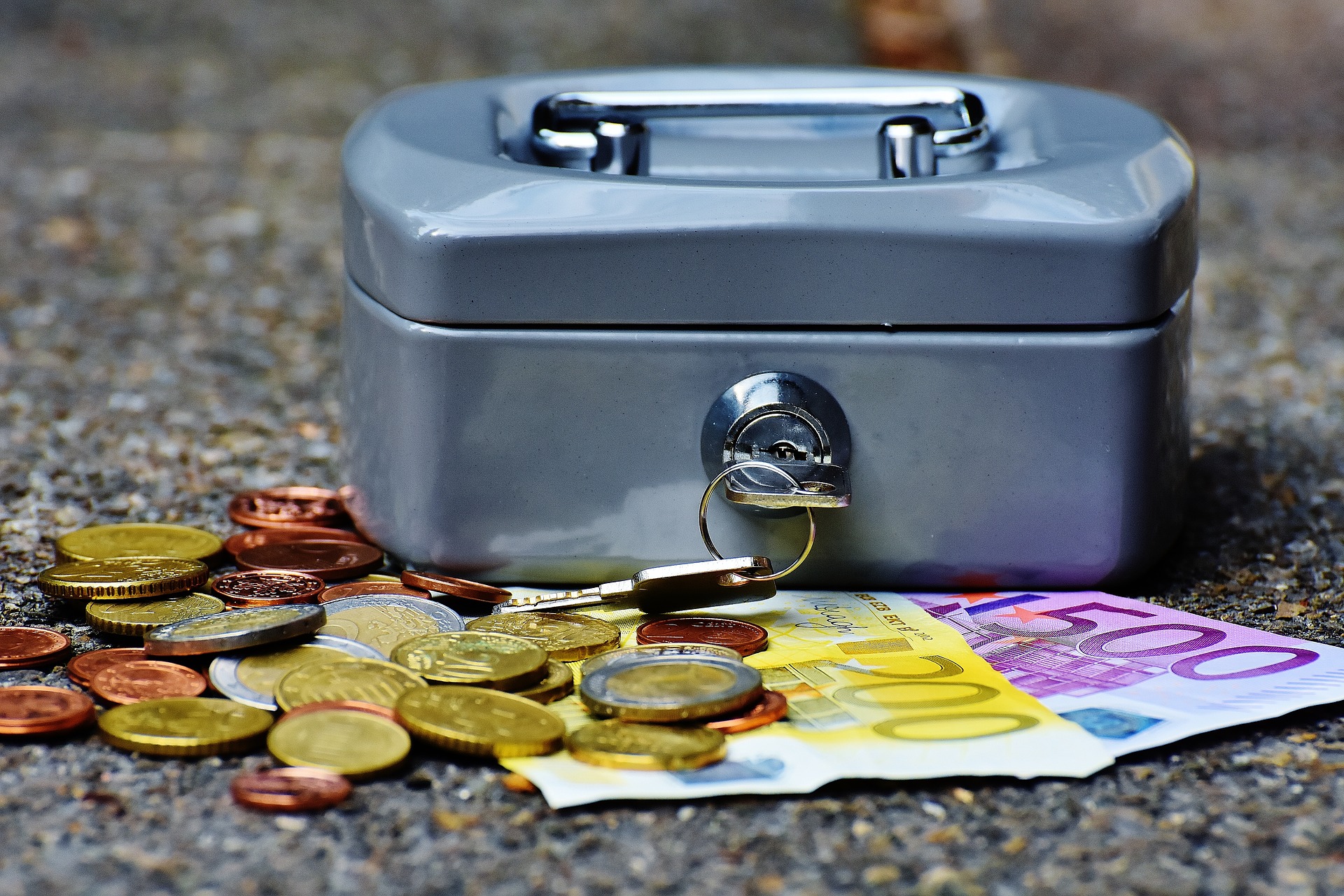TIRANA, April 10
Following Tuesday’s airport heist, when armed robbers broke onto Tirana International Airport runway and stole a still undefined amount of money, rumor has it between €2.5 and 10 million, Austrian Airlines decided that there will be no further cash transfers from Tirana to Vienna.
Austrian Airlines spokeswoman Tanja Gruber was quoted as saying by the Guardian that cash was being loaded when the robbery happened.
“Boarding had just taken place. There was never any danger for crew and passengers,” Gruber said for the Guardian.
The question many ask is why do second-tier banks transfer cash abroad? Monitor magazine explains the reasons why.
Commercial banks create capital from customers’ deposits that create accounts in exchange for an interest rate. A commercial bank needs to invest a part of the capital in exchange for an interest rate higher than what it pays its depositors.
Every commercial bank keeps a reserve, which is a currency deposit that is not lent out to its clients. The purpose of the reserve is to provide clients with cash upon request. The other part is offered in loans including such as personal or business loans. Albania second-tier banks have been through a credit crunch during the last years on their choice.
The banks invest their domestic currency (Lek) in government debt securities (Letra me vlere). Meanwhile, the surplus in foreign currency is deposited in a financial institution located in other countries. Cash is transported to the airport in armored vans provided by the banks’ security companies.
Moreover, the armored van delivers the valuables to the aircraft. Air freight transportation is provided by airlines for high-value cargo services. The services are expensive, thus various banks agree to transport cash in one cargo.
However, there’s a tendency by the banks to keep the foreign currency at the bank of Albania. Experts from the banking sector say that this is related to the regulation of the Central Bank, which penalizes banks that keep their capital surplus abroad as it is a highly risky procedure.
Source: Monitor
Image by Alexas_Fotos from Pixabay

Leave a Reply
You must be logged in to post a comment.